About
Disasters are defined as prominent global issues which simultaneously pose a threat to multiple countries or regions around the globe. In these public emergencies, the disaster management communities have played a vital role in saving the economy and helping people to respond and recover from the disasters. Disaster management contains mitigation, preparedness, response, and recovery phases, and each phase is gradually empowered by growing geospatial big data awareness and surging computing capabilities to produce spatial vulnerability and situational picture for supporting timely decisions.
The National Science Foundation (NSF) recently announced several awards through the Advanced Cyberinfrastructure (CI) Coordination Ecosystem: Services & Support (ACCESS) program to ensure the broad availability and innovative use of the CI ecosystem that can drive transformative discoveries in all areas of research and education. Despite the growing availability of advanced CI resources, there are still significant barriers that limit broad and equitable access to the ecosystem. Many researchers are not aware of the available CI resources or may not understand what these resources are capable of in their fields of expertise.
This project aims to establish an International CyberTraining for Disaster Management network in which disaster management research communities (undergraduate/graduate students, scientists, and faculty members) can broaden their computational and cyberinfrastructure skills by participating in our training program. This project targets CI contributors and CI users with a research focus on applying CI and Geospatial Artificial Intelligence in disaster management across Geoscience, Public Health, Engineering, Transportation, Social, Behavioral, and Economic Sciences. Through our training program, the CI users and contributors can gain CI and geospatial analytic skills to build new CI capabilities for observing, monitoring, and managing disaster events. This project also provides them with a level of core literacy so they can develop new computational skills in analyzing extensive disaster data to produce scientific outcomes.
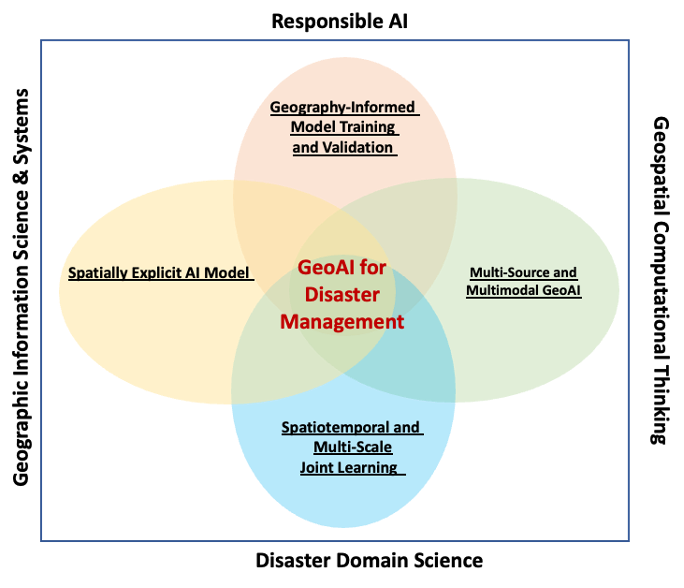
Meet the team

Zhe ZhangPI
zhezhang@tamu.edu
Assistant Professor, Department of Geography, Texas A&M University; Director of Cyberinfrastructure and Spatial Decision Intelligence Research Group

Honggao LiuCo-PI
honggao@tamu.edu
Executive Director, Texas A&M High Performance Research Computing
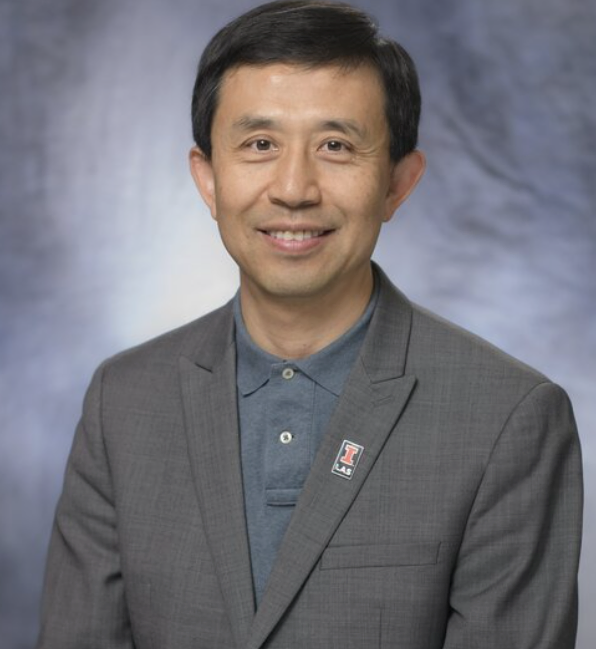
Shaowen WangCo-PI
shaowen@illinois.edu
Professor, Geography & Geographic Information Science; Associate Dean for Life and Physical Sciences, College of Liberal Arts and Sciences (LAS), University of Illinois Urbana-Champaign
Advisory Board Members

Changjie Cai
Changjie-Cai@ouhsc.edu
Assistant Professor, Hudson College of Public Health, The University of Oklahoma Health Sciences Center

Huilin Gao
hgao@civil.tamu.edu
Professor, Civil and Environmental Engineering, Texas A&M University
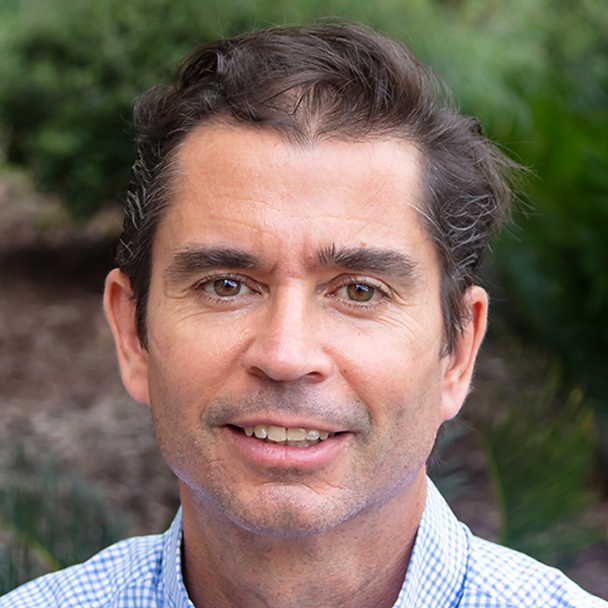
Jorge Brenner
Jorge.brenner@gcoos.org
Executive Director, Gulf of Mexico Coastal Ocean Observing System (GCOOS)

Zhuping Sheng
zhuping.sheng@morgan.edu
Professor, Civil Engineering, Morgan State University

Samantha Arundel
sarundel@usgs.gov
Research Geographer & Interim Director, Center of Excellence for Geospatial Information Science, U.S. Geological Survey

Tim Cockerill
cockerill@tacc.utexas.edu
Program Director, Texas Advanced Computing Center; Deputy Project Director, DesignSafe

Tao Cheng
tao.cheng@ucl.ac.uk
Professor and Director of Spacetime Lab for Big Data Analytics, Department of Civil, Environment and Geomatics, University College London
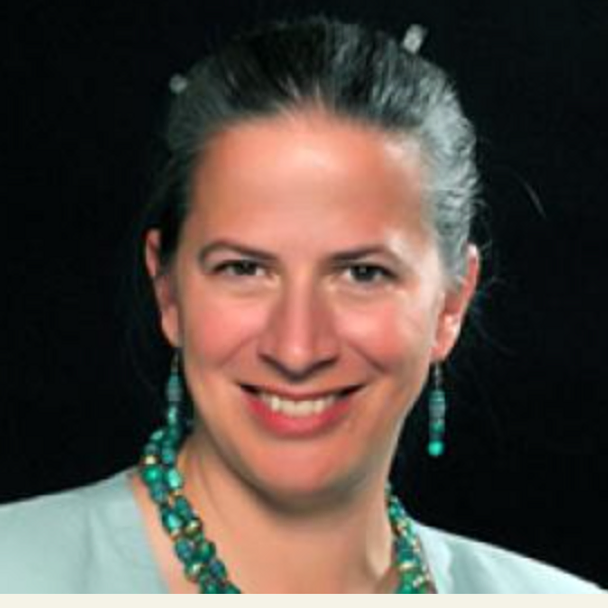
Amy Rock
arock@ucgis.org
Director, University Consortium for Geographic Information Science
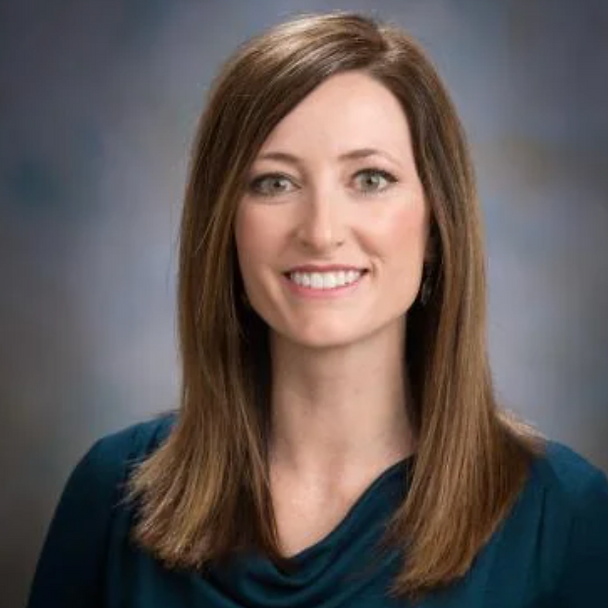
Lori Peek
Lori.Peek@colorado.edu
Professor and Director of the Natural Hazards Center, Institute of Behavioral Science, University of Colorado Boulder

Lingli Zhu
lingli.zhu@nls.fi
Research Manager, Remote Sensing and Photogrammetry, National Land Survey of Finland

Xiao Li
xiao.li@ouce.ox.ac.uk
Senior Research Associate, Transport Studies Unit, University of Oxford

Henrikki Tenkanen
henrikki.tenkanen@aalto.fi
Assistant Professor, Department of Built Environment, Aalto University

Jukka Krisp
jukka.krisp@geo.uni-augsburg.de
Professor of Applied Geoinformatics, Augsburg University, Germany

Joseph Kerski
jkerski@esri.com
Education Manager, ESRI

Aron Larsson
aron.larsson@miun.se
Professor and Director of the Risk and Crisis Research Centre of Mid Sweden University
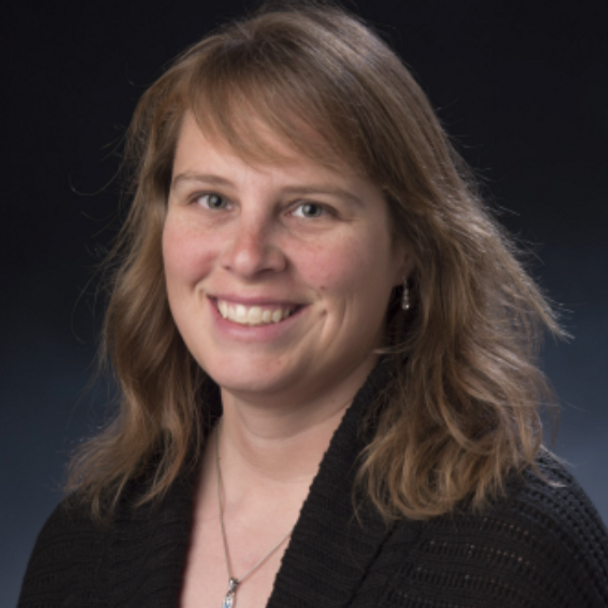
Shelley Knuth
shelley.knuth@colorado.edu
Assistant Vice Chancellor and Director of Research Computing, University of Colorado Boulder